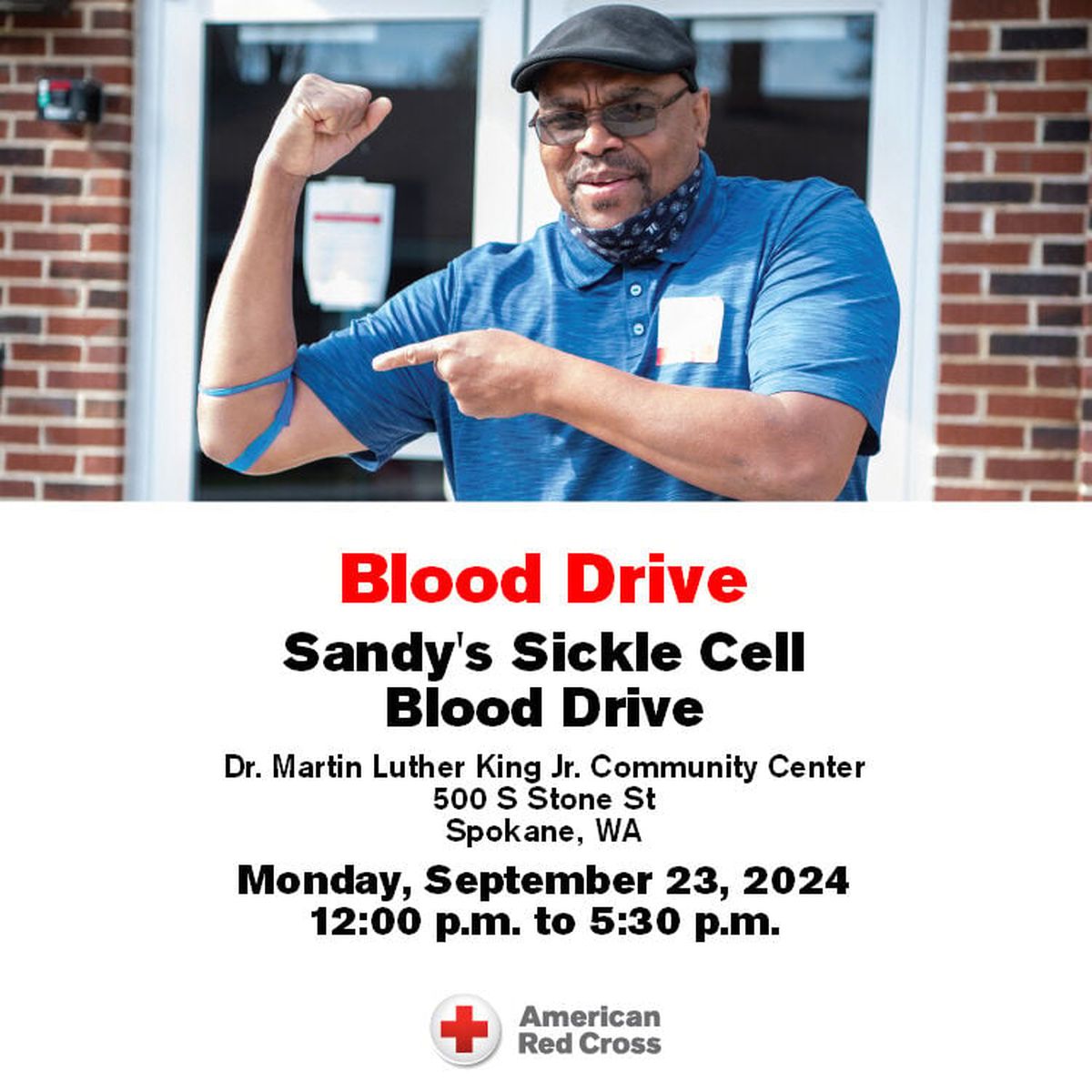In June, Netflix premiered the U.K.-based series “Supacell.” The series revolves around a group of ordinary people who suddenly develop superpowers. As they grapple with the impact of their powers on their daily lives, one man must bring them together. In their journey, the viewers discover a common connection: They are descendants of relatives with sickle cell disease. While the characters have not made the whole connection of their common trait, it leaves the viewers engaged, intrigued, and vested in the storyline. The series debuted at number 1 and was picked up for a second season.
Sickle cell disease (SCD) is a group of inherited blood disorders that affect hemoglobin, the protein that carries oxygen in red blood cells. In SCD, hemoglobin is abnormal, which damages the red blood cells and prevents them from carrying oxygen throughout the body. The red blood cells become hard, sticky, and shaped like a “C” or sickle, which can block blood flow and cause pain and other complications. Sickle cell disease primarily affects people of African, Mediterranean or Caribbean origins. As of May, the CDC estimates that about 100,000 people in the United States have sickle cell disease, with more than 90% of those affected being non-Hispanic, Black or African American.
As a person living with Sickle cell disease, I have experienced numerous hospitalizations, spent hours in emergency rooms and urgent care, participated in medical trials, tried “experimental” medications, received blood transfusions, and refrained from engaging in activities like sports and outdoor activities to avoid triggering a sickle cell crisis.
Watching a show like “Supacell” is a source of joy for me as the characters resemble me, come from families with the same ailment, and possess superpowers. I often wish I could turn my pain into a superpower. The characters in the show can freeze time, run at the speed of light, exhibit superhuman strength, and move things telepathically. I am in complete awe of the show and the creator’s genius, Rapman, for shedding light on a disease that is often overlooked, under-resourced, and neglected in areas with a significant Black and African descendant population.
Living with this disease in Spokane all my life has been challenging. Unfortunately, doctors have been unwilling to conduct thorough research and instead treat me as a burden. They have focused on “maintaining” my health instead of exploring the possibilities of a healthy lifestyle. I am forced to serve as my own advocate, my own nutritionist, and my own health and wellness coach due to the lack of support in the medical community here in Spokane for those with Sickle Cell Disease.
Healthy blood is crucial for those living with sickle cell disease. On average, Sickle Cell patients receive three to five blood transfusions per year; therefore, donating blood is the most effective way to help them. Efforts to find blood matches, particularly from donors of African descent, are challenging.
In 2020, Sandy Williams asked me to write an article for The Black Lens, shedding light on sickle cell disease and sharing my experience of having a primarily Black disease in a mainly white city. Sandy then collaborated with the Red Cross to organize a blood drive for Sickle Cell Disease patients. The blood drive primarily focused on the Black and Brown community as their antibodies mostly match and align with sickle cell patients. The first “Sandy Sickle Cell Blood Drive” took place in October 2022, just weeks after Sandy’s untimely death, and the community showed their full support. We’re urging the community to show the same energy and support the Sickle Cell Blood Drive on Monday, Sept. 23, at the Martin Luther King Outreach Center in East Central.
If you can’t donate blood for religious or medical reasons, that’s OK. There are other ways to support those living with Sickle Cell disease.
• Donate to the Sickle Cell Disease Association
• Encourage and Support them in healthy choices and healthy lifestyles
• Be present during their complex crisis; often, sickle cell patients suffer in silence
• Advocate for them in the healthcare system and social work system
• Learn and educate yourself about sickle cell disease
• Get genetic testing for Sickle Cell trait
• Watch “Supacell” on Netflix and support the show in its groundbreaking success.
Please Note: If you plan to donate during the blood drive, we ask that you register in advance to help with staffing and supplies. Please call 1-800-RED CROSS (1-800-733-2767) or visit RedCrossBlood.org and enter “RedCrossSpokane” to schedule an appointment.
